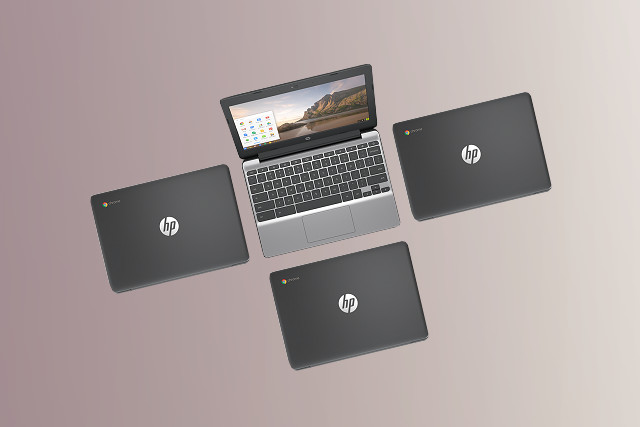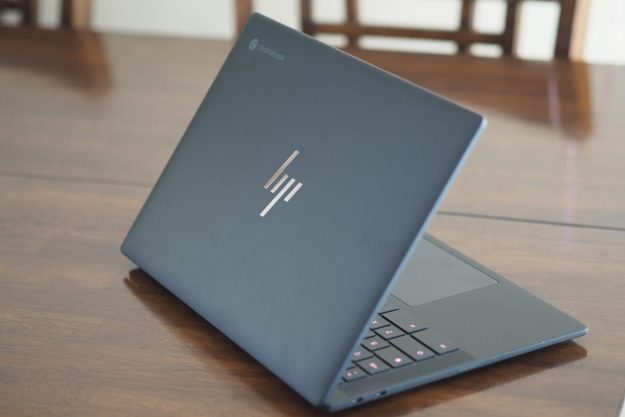
The HP Chromebook 11 G5 builds upon HP’s previous attempts at hardware running Chrome OS with a touchscreen, a first for the line. This should give users the best control possible as they use Android software on their laptop, rather than forcing them to use their touchpad to interact with apps.
Currently, the Asus Flip Chromebook is the only Chrome OS device that has access to Android apps. However, this should all change as Google continues to work on making the content compatible with all devices running the operating system.
The Chromebook 11 G5 boasts an 11.6-inch display with a 1,366 x 768 resolution, and an Intel Celeron N3060 Braswell processor. Consumers can opt for 2GB or 4GB of RAM, and either 16GB or 32GB of local storage.
The system is designed to be highly portable, being less than an inch thick and weighing around 2.61 pounds, according to a report from Liliputing. There’s also a variant that drops the touchscreen, cutting that weight down to 2.51 pounds and improving its battery life from 11 hours up to 12.5 hours.
The laptop also features support for Bluetooth 4.2, a pair of USB 3.1 ports, a lone HDMI 1.4 port, a microSDXC card reader, and a headphone jack.
Aside from the convenience of having Android apps available on your laptop, the biggest selling point of HP’s Chromebook 11 G5 is its price points. With a base price of just $189, this system is very cost-effective — although it’s worth noting that the touchscreen is an optional extra.
The Chromebook 11 G5 will be available from July via select HP partners. The laptop will be made available at retail this October.
Editors' Recommendations
- HP launches a new gaming laptop and HyperX accessories
- 5 calendar apps you should use instead of Google Calendar
- This simple app changed how I use my Mac forever
- Google is changing everything you know about Chromebooks
- HP’s new foldable PC is a dream — except for one glaring problem


